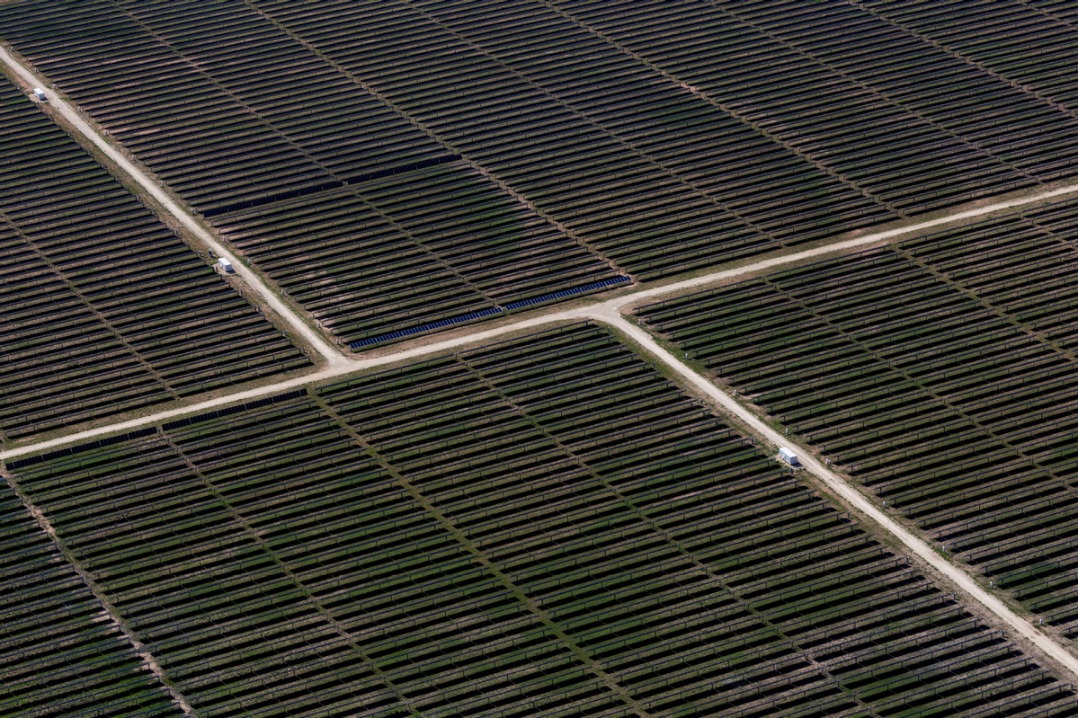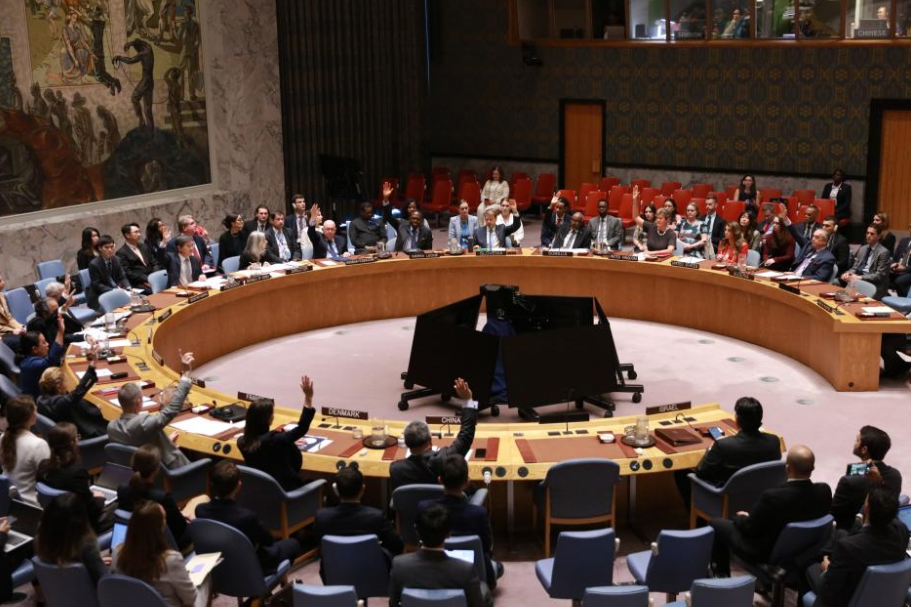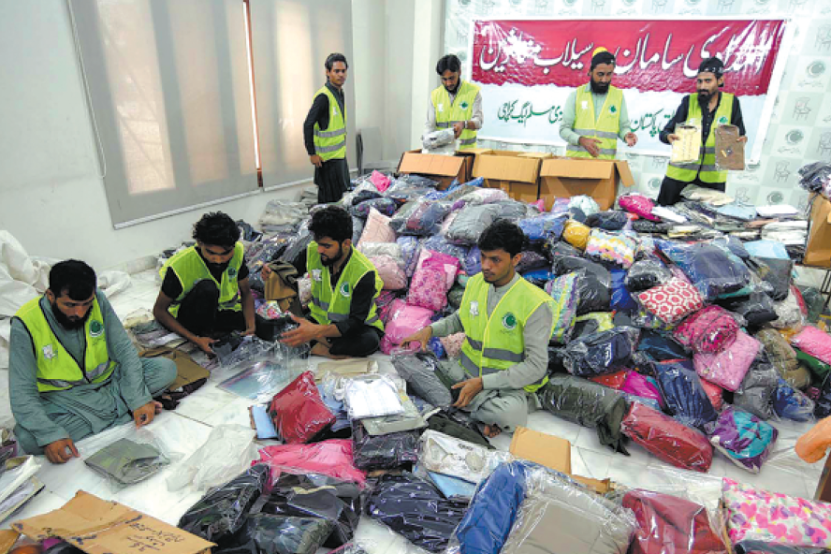Take it as read, translated works deepen people-to-people exchanges


The wide availability of translated books within a country plays an essential role in development. That's a belief that Ahmed Alsaid is keen for more people to appreciate.
As the chief of a publishing company focused on the Middle East, he has an insider's view on the benefits that translated works bring in opening up cultures to outsiders and generating added vitality to people-to-people exchanges.
Alsaid, chief executive of Bayt Elhekma Group for Cultural (Egypt-China-UAE) Co, says few people can master multiple foreign languages in order to read classic works in their original form. That means most of us need translated editions to learn the ideas expressed in languages other than our own.
For Cairo-based Alsaid, there is a direct connection between reading the works of foreign authors and cooperation among people around the world.
"As the number of translations of books increase, people's understandings of the outside world are increasing as well. This, in turn, has furthered the breadth and depth of cooperation between countries," he says.
Alsaid chose to major in Chinese at Al-Azhar University in the Egyptian capital. After his first visit to China in 2010, he became actively engaged in the translation and publication of Chinese books in the Arabic-speaking world.
Currently, Alsaid says, books about Xi Jinping's thoughts have become popular, along with those on Chinese literature, history, martial arts, and traditional Chinese medicine. Books for learning Mandarin form an indispensable part of the Chinese book market in the Arab region, he adds.
"Books on President Xi's thoughts are the 'golden key' to understanding the development of contemporary China amid the global community's attention on China," he says.
"Chinese literature reflects China's characteristics in different areas. Just like other bestsellers, good literary works can cross all borders."
The Arabic version of Cries in the Drizzle, by Chinese novelist Yu Hua, was published in 2018 and went on to be recommended as one of the five must-read translated books for the summer of 2019 by Raseef22, an Arabic media network.
Rabai al-Madhoun, a winner of the International Prize for Arabic Fiction, describes the book as a rare example of a novel whose narrative just flows in a way that amazes the reader.
Bringing up opportunities
"With the publication of various Chinese literary books in Arabic in the past, Arabic readers have more opportunities to know more about Chinese literature," Alsaid says. "Of course, the fact that these books can be accepted and loved by Arabic readers is inseparable from the hard work of a group of fluent translators."
He says that recently, many writers in Arabic have put out books about China. Their perspectives on China can be of value to Chinese readers. Alsaid says his company is keen to translate such books into Chinese in the future.
"Translated books enhance mutual understanding between different cultures and have an unshakable position in spreading culture in a significant way," he says.
Xue Qingguo, professor of the School of Arabic Studies at China's Beijing Foreign Studies University, says that Arabic and Chinese are difficult languages for foreigners, and this means there is a high threshold for translators in this field.
"Apart from proficiency in languages, translators also need to have a deep understanding of the cultural differences between the two cultures," he says. "When translating Chinese books into Arabic, translators have to make necessary adjustments to the original work in accordance with Arabic readers' values to help them better appreciate the book."
He says there has been a surge in the volume of works translated from Chinese into Arabic and vice versa. The next step should focus on enhancing the quality of the translations.
"Arabic readers are keen on learning the reason behind China's development miracle. Yet there are few books that both provide an answer to this question and that are tailored to the cognition of Arabic readers," Xue says.
Moreover, Chinese readers who want to learn more about Arab nations and understand why the Arab region has suffered from wars and unrest over the past century also can't find many relevant books, he added.
"I hope in the future through book translation and publication, we can help Chinese and Arab people have a better understanding of each other and gain a more holistic image of the world we live in," Xue says.

































